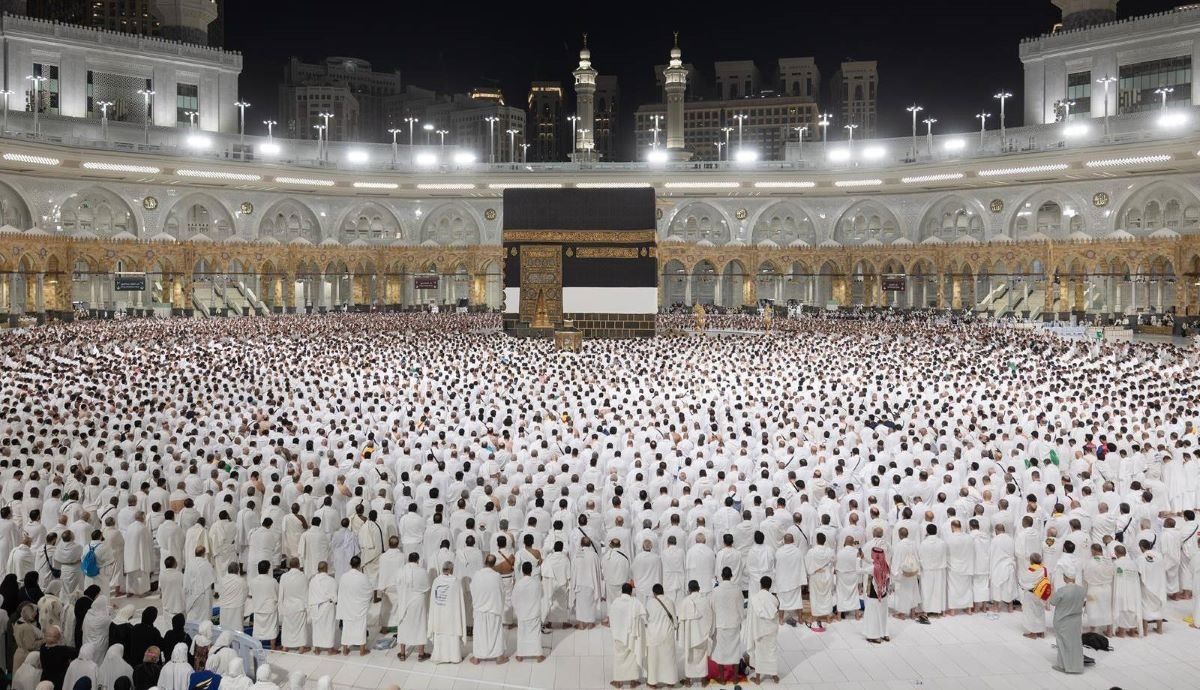269,678: With the Hajj – the annual Muslim pilgrimage to Mecca – now under way, the Saudi government has barred more than 269,678 people from entering the country without permits. With over 1.5 million people expected to make their way to Mecca this week, the Saudi Arabia is cracking down in order to control crowd sizes.
9: A wild elephant escaped from the Khao Yai National Park in Thailand and stormed into a nearby grocery store, where he calmly munched on nine packets of sweet treats like rice crackers, dried bananas, and sandwiches, all while leaving minimal damage and taking a snack to go. Bulls in china shops could learn a thing or two.
81: Today marks the 81st anniversary of the D-Day landings, when nearly 160,000 Allied troops stormed the beaches of Normandy to liberate France from Nazi Germany. The day marked a critical turning point in World War Two, and is known as the largest amphibious invasion in military history.
4: US Secretary of State Marco Rubio announced sanctions against 4 International Criminal Court judges on Thursday, in retaliation for what he said was the “illegitimate” targeting of the US and Israel with war crimes accusations. “The ICC is politicized,” Rubio said. “The United States will take whatever actions we deem necessary to protect our sovereignty, that of Israel, and any other US ally.”
